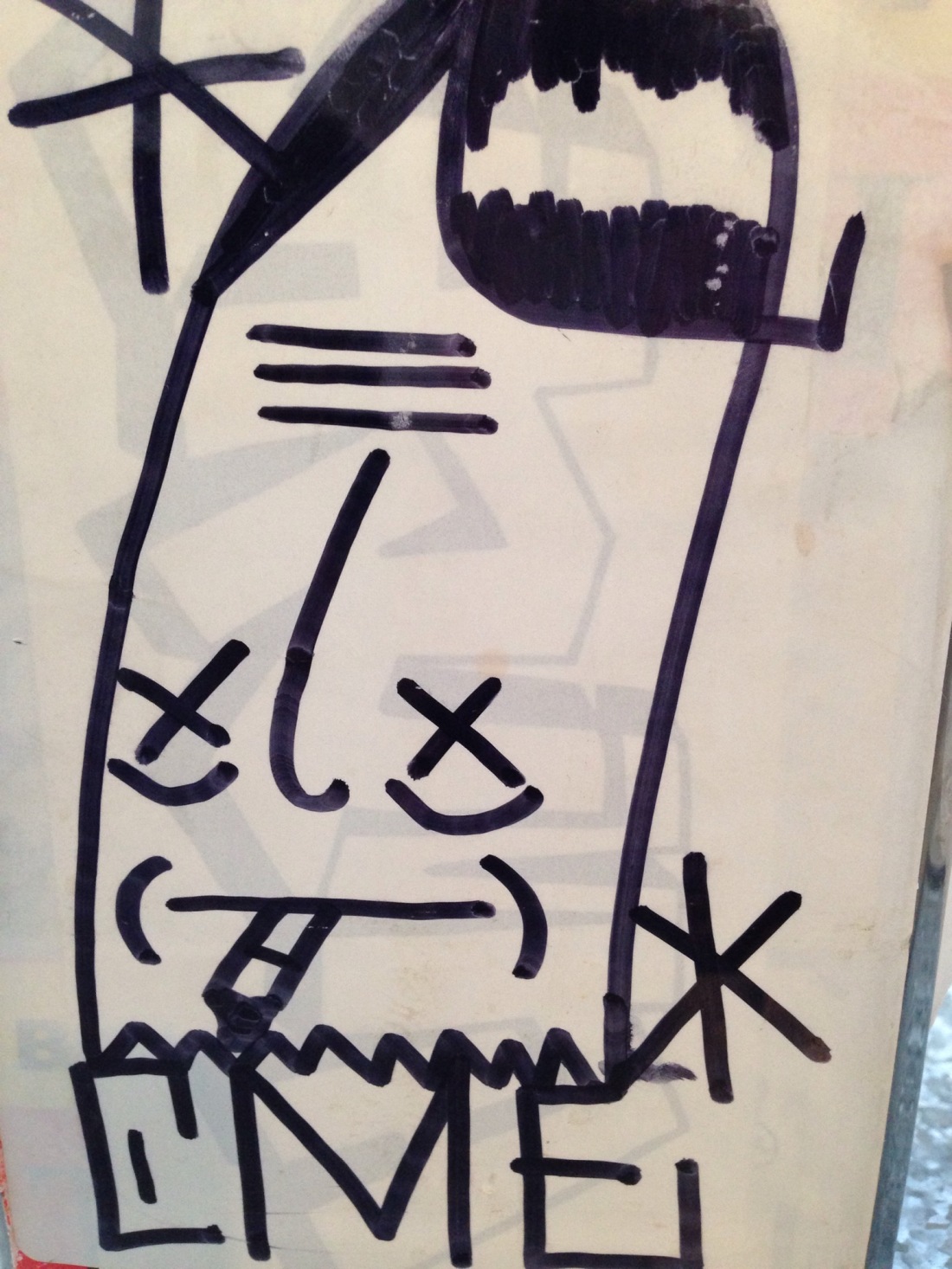The Meditations and Ponderancies
We as human beings are terrified at the notion of nothingness. The ultimate sum of every relationship in life is death. And that’s a scary thought, so to cope we’ve manufactured these myths, some call them religions, to psychologically cope with reality, whereby grace or merit can take the sting out of death; that one can somehow live again. A never-ending story.
But where some may find the nihilistic bleakness in the reality of our world, I find it is the temporal nature of our world that is intrinsically valuable. Each moment in life is precious because in the vast grandness of our universe there will never be another you taking this particular breath at this particular moment. A unique signature to be enjoyed for a time.
Immortality is not only a child-like delusion, but it’s down right selfish.
I am eternal, metaphorically speaking in that energy cannot be created or destroyed. When I die, my body will decay, the atoms to be arranged into something new or at the very least to help nourish something new.
I find it’s not the man without god who doesn’t have any hope, any joy, it’s the man who can’t live without god. It’s scary to think the only thing that keeps people from eating each other and raping women is god. It’s strange that the only thing that compels people to kindness is a delusion of a reward of life after death. It is horrific to think that with no god, some people have no hope, no purpose.
As an Atheist, I was asked to consider “what if you’re wrong, what if there is a god?”
And I was able to humor them:
“I not only go so far as to say a god exists, but let’s assume your god, Jesus (in this case) was real. I would die, and stand before him. If Jesus is just and rational he will understand why I couldn’t abandon the divine faculty he bestowed upon me, and grant me entrance into heaven. If he is unjust, or irrational, he will send me to hell, in which case I wouldn’t want to spend an eternity with an irrational or unjust person. So in the end, god or no god, I don’t have anything to loose.”
But when I asked this person to consider if my position was true, that what “if” there was no god, he simply could not. I found that telling.
Month: August 2015
Iteration
“In my dream, I entered an old bookstore with many books. Only to find it was the same story, many times, written differently.
There was a woman there, with circle glasses and an emerald robe. When my eyes fell on her I knew that she has never left the store, nor did she own it. She kept the shelves and worked the register, that was her role.”
I touched a leather bound copy. Dust smothered me.
“The greatest book ever written.” She said.
“I know the stories well.”
“I’ve never read it myself.”
A reply I was not expecting. I was suspicious.
“You never read any of it?”
“Well, I heard of few stories, but I’ve never read it myself.”
“If I may ask,” I continued, “Can you read?”
“Of course I can read.”
The Challenge of Imagination
Dreams are some of the most interesting and enjoyable stories I have [written and heard]. And my thoughts about dreams, in varying degrees, are just as interesting. But I find writing about something that is so intimately rooted in subjective experience to be extremely vexing and exciting. I don’t have a rational basis to express these non-rational stories, as great as they are. Typically, my dreams are non-rational. Any semblance of linear time or logical progression melts away. The plot unfolds in such a way that is only knowable to me; expressed in a latent symbology made for me, by me, and essentially, of me–the deepest parts of myself. It is a strange thing when the conscious self and the unconscious self happen in a cafe and decide to have a chat. It is as if someone is speaking to me in a language I have never heard; a language that cannot be said to exist, but, a language that I am, nonetheless, speaking. The words are foreign and strange, out of my mouth. My tongue and lips move in ways I’ve never felt. My ears stretch in ways I am inept to describe. Yet despite the strangeness and perplexity of it all, the familiar sensation of understanding, of knowing, pervades. I do not know how I know, but I know I know. I do not even know how it can be said I know, other than saying: I know. Listening to your mind speak to itself is a fascinating thing. I have few rational dreams, and writing is an inherently rational act. It confounds me as a writer how to bridge that gap. It is truly exciting to attempt to contrive a mechanism of accurately representing a dream. It forces me to call into question the whole system of western thought, in which I have been schooled, into question, and renders it suspect. To bring the dream down to the writing is easy. But the relishing challenge is to bring the writing up to the dream without diminishing the intelligibility of language.
